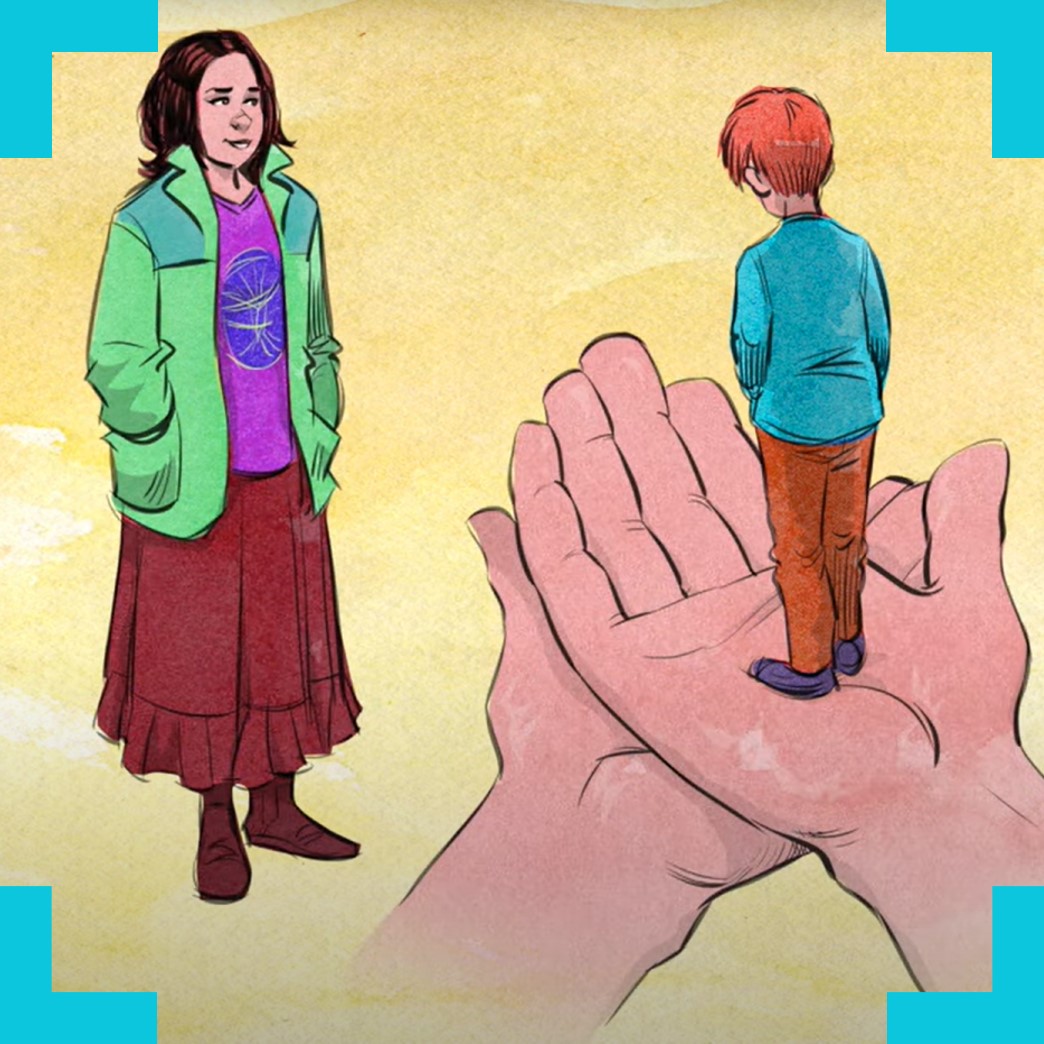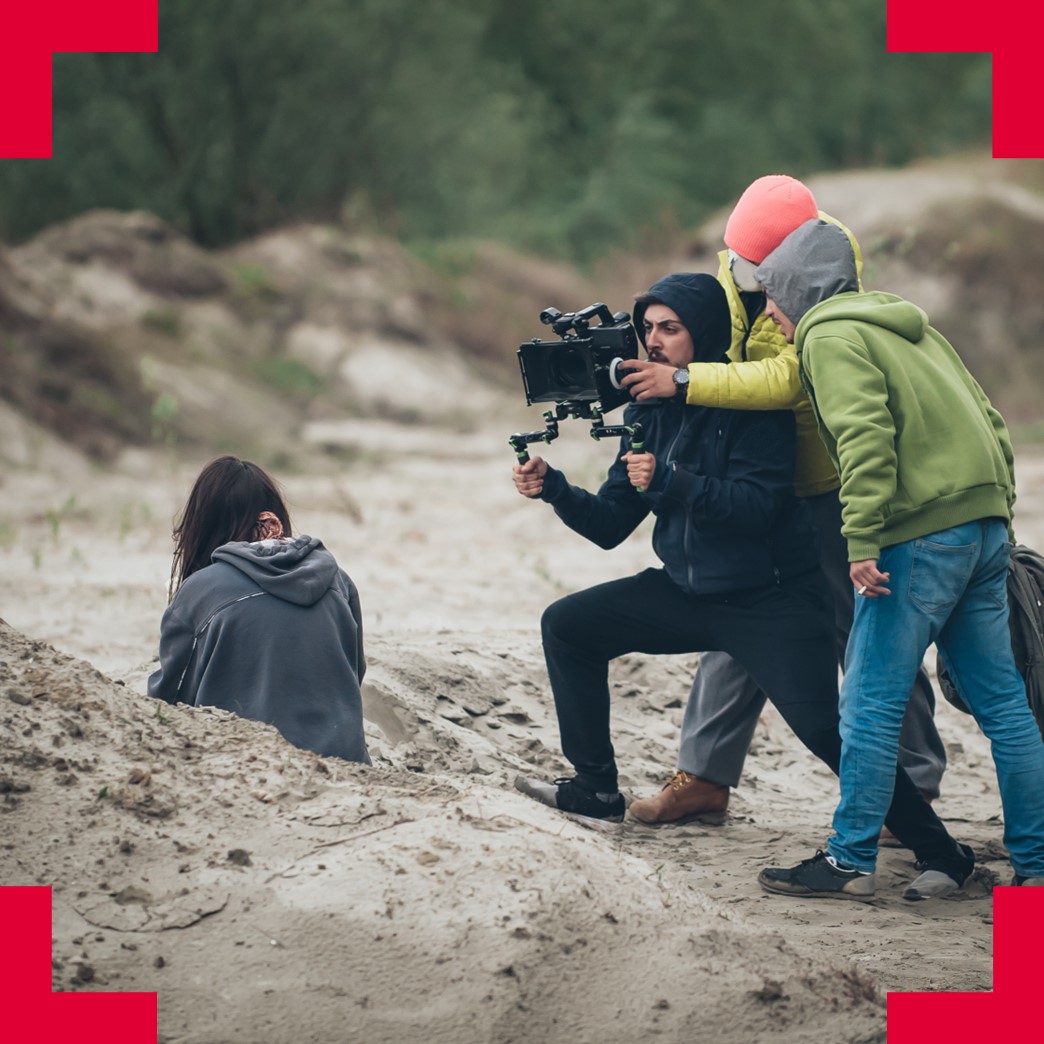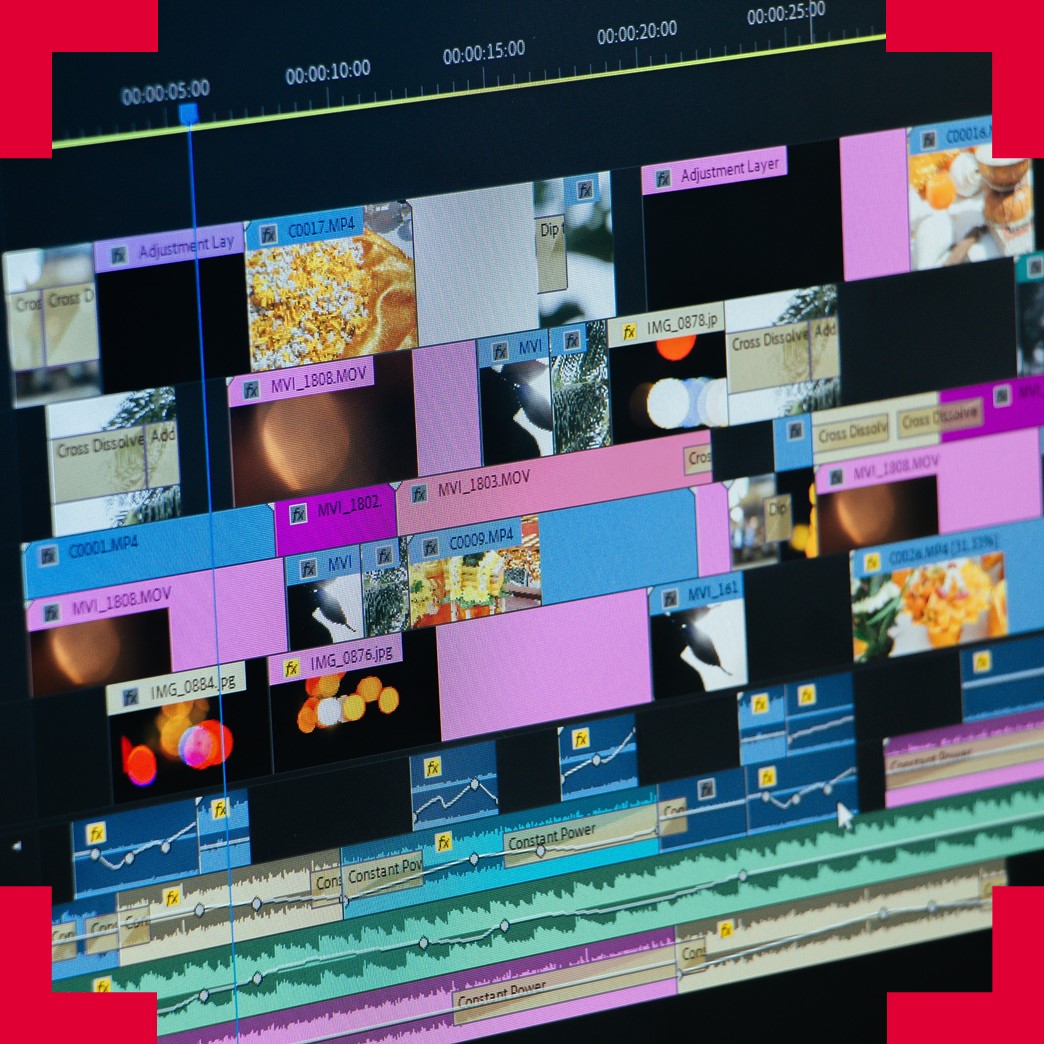-

This project builds upon the Brigstow funded An Empathetic Realisation of Embodied Grief in Fiction Film (2019) – which led to the production of the short practice-as-research films Lost Property (Dawson, Hay, Rosling, 2022) and Nothing Echoes Here (Hay, 2022) …
-
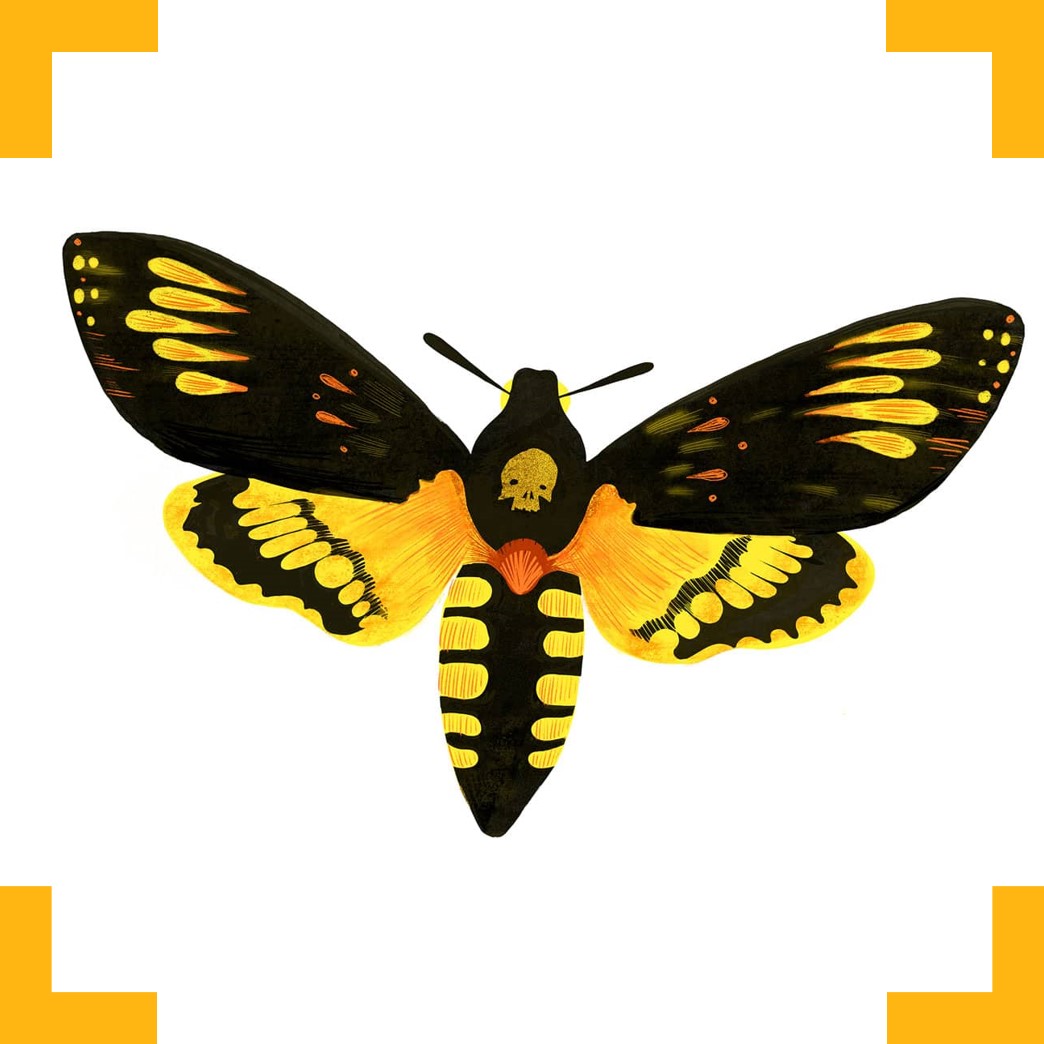
In 2019, an Experimental Partnership project took place to explore ‘An Empathetic Realisation of Embodied Grief in Fiction Film’. It was undertaken to redress the fact at fiction cinema often relegates grief to a mere plot device. The …
-
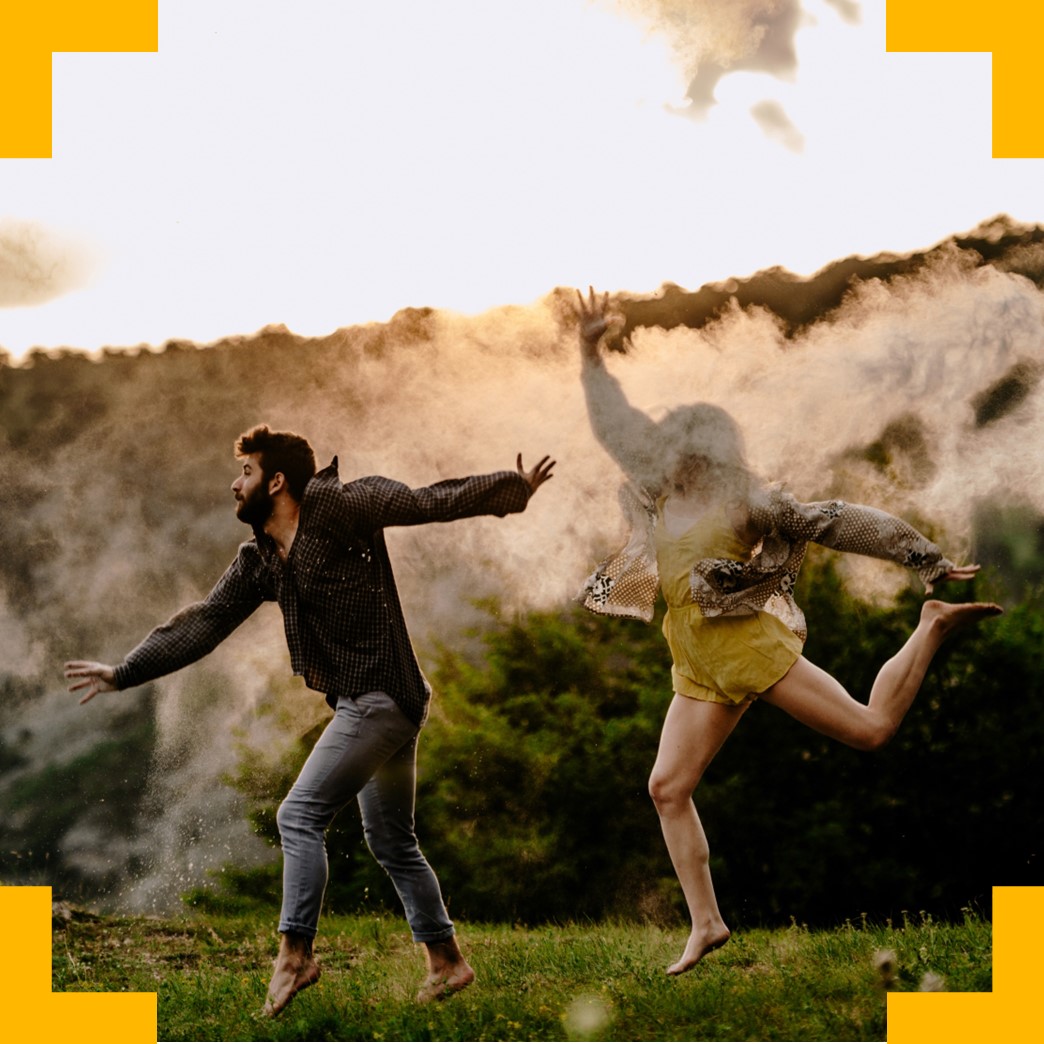
Supporting migrants in processing traumatic memories has been at the forefront of policy priorities since the beginning of the migrant crisis. Discussions tend to develop medicalized and pathologizing approaches to trauma, focusing on first generation migrants’ memories of life-threatening experiences …

Brigstow brings researchers from different disciplines together with a range of partners across the city and beyond to experiment in new ways of living and being.



